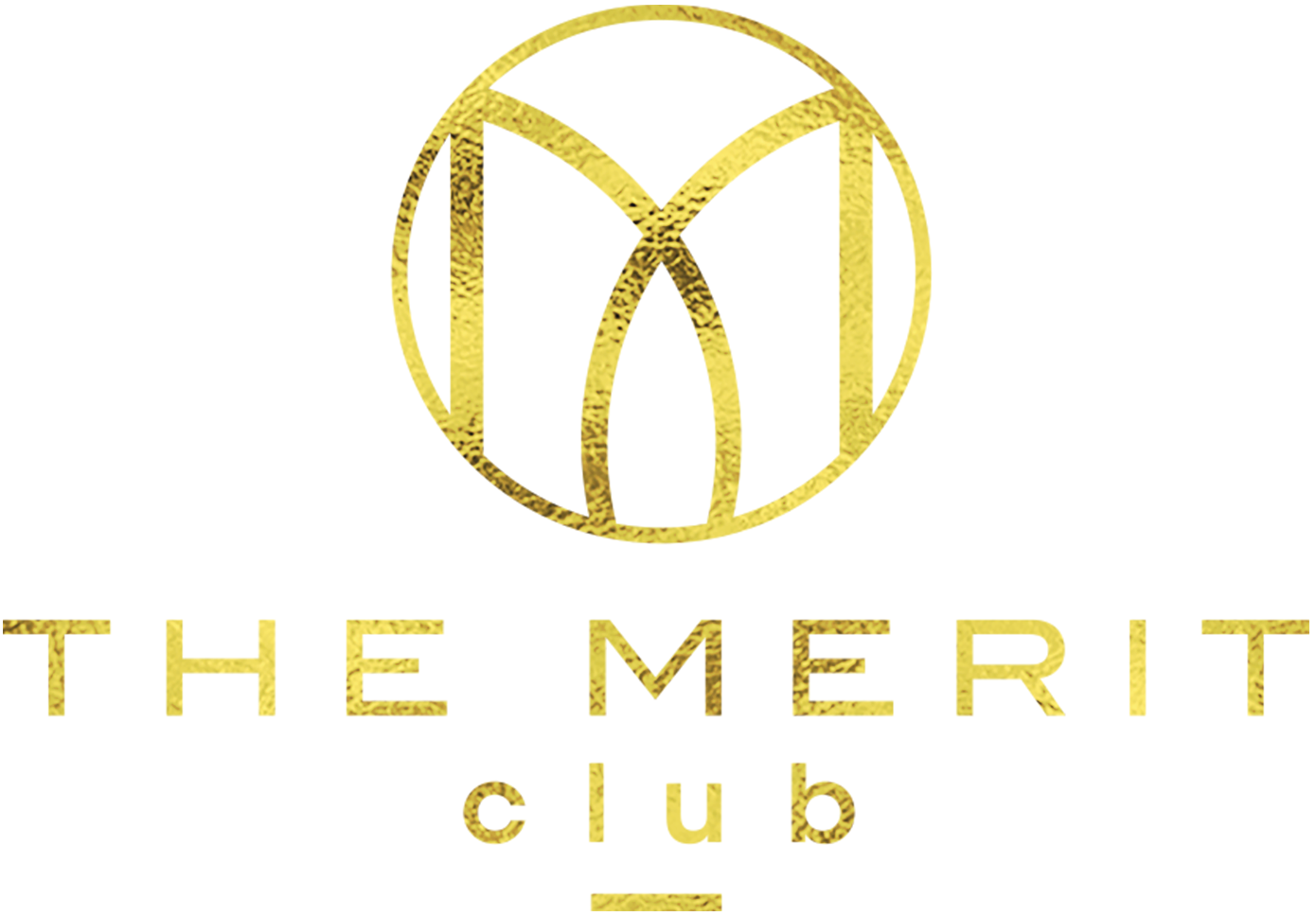Neuroscience and Sugar
At the Merit Club we are fascinated with what makes our brains tick! Every Wednesday we will be digging a little deeper into this with our Neuroscience Wednesdays series. Finding videos and articles on subjects from love through to leadership to addiction, these blogs will cover a range of ideas and theories that help us understand our mind better, have the power to shape our lives and the way we think.
This week on Neuroscience Wednesday, The Merit Club brings you Nicola Avena's informative discussion on how sugar affects every part of our bodies - most importantly our brains and why we always end up craving more.
“The brain is dependent on sugar as its main fuel.”
In the realm of neuroscience, food is commonly known as a “natural reward.” For us to be able to survive as a species, things like eating, intimacy and reproducing must be pleasurable to the brain, and so as a result we reinforce and repeat these behaviours. However, there are certain eating behaviours that are best not to reinforce. And so this week we're looking at the sugar fix, and how we can tackle our repetitive sugar cravings.
THE SUGAR COMPLEX
As we're all well aware, sugar finds it's way into nearly every item of food and drink we consume, with its many different types: Glucose, Fructose, Lactose, Maltose, Dextrose and Starch. Sadly sugar isn't only in chocolate, cakes and sweets. Oh no! All those beloved food items such as yoghurt, dried fruit, granola bars, flavoured water, tomato ketchup, they've all got types of sugar hiding in them. Even if you can't taste it.
As soon as something sweet hits our tongues, the sugar it contains activates our sweet taste receptors which then sends a signal up into the brain stem, separating off into different areas of the brain from there. One of these areas is the cerebral cortex which plays a key role in things such as memory, awareness, thought, consciousness and so on. Different parts of this region process different tastes such as bitter, salty, umami (savoury) and sweet. The sugar from what you've tasted then triggers the reward system and causes a rush of pleasure chemicals such as dopamine to be released.
So yes, sugar can be addictive. Over-activating this reward system can lead to some serious complications, loss of control, craving and an increased tolerance to sugar. Just like drugs, sugar increases the amount of dopamine released in the brain and the more sugar you eat, the more you will crave.
How can we tackle the sugar fix?
It's easy to get into routines when we're looking for our next sugar fix. How many days are you reaching for that biscuit bowl right on queue the 4pm slump? With this in mind, we've been looking into some ways that we can tackle our addictions to sugar and take control of our cravings and rewards. Have you thought about trying any of the following?
Try swapping those high sugar sweets for some almonds, Brazil nuts or seeds, full of minerals such as magnesium and zinc.
Don't forget your healthy fats, found in foods such as avocados, nuts and seeds, coconut, extra-virgin olive oil, salmon and pastured eggs, which will help stabilise your blood sugar levels.
For that stimulating feeling, look to your rajasic food group which have more sour and bitter tastes, such as onions, garlic, chilli, eggs, vinegar, tomatoes. Eat at midday when your metabolic rate is working at its highest level and it will power you through the afternoon and help stop the 4pm slump.
Add some spice to your meals for more natural sweeteners, such as cinnamon, nutmeg, tumeric, and cardamom, which will help balance your blood sugar and reduce your sugar cravings.
Throughout the day look to the sattvic food group which will have a more calming effect on your body and mind. These fresh, easily digestible, and nourishing foods include vegetables, fruits, grains, honeys, nuts and freshly prepared meals.
Stay hydrated - moderate your intake of caffeine, alcohol, and salty processed foods which will all dehydrate you, and make sure you're drinking lots of water. Not only will this re-balance your mineral levels, over time it will help to stop your cravings.
Make sure you sleep! As we discovered in our blog post on the power of sleep, revolutionising the way we think about sleep has so much importance on our livelihoods; from stress levels, memory, and performance, to weight loss, appearance and happiness. If you're getting a good amount of sleep, it will help stop those sugar pick-me-up cravings.



